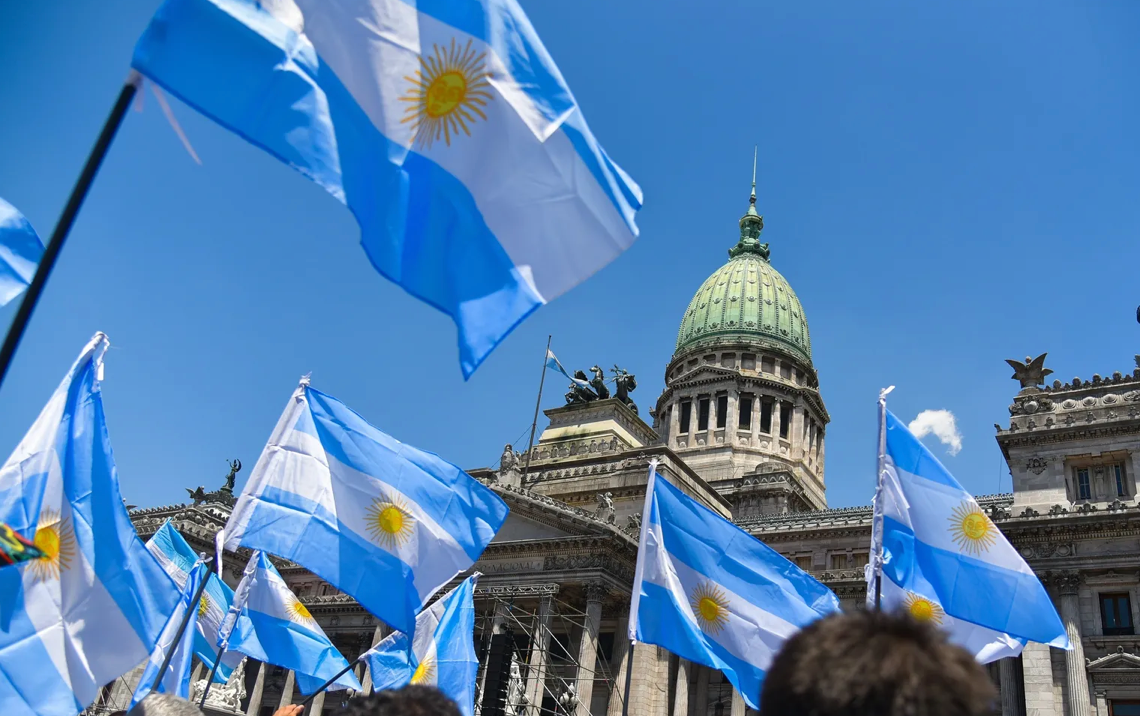Argentina has officially declared its decision not to participate in the Brics bloc of emerging economies, marking a significant change in foreign and economic policy under the new far-right populist president, Javier Milei. In a letter addressed to the alliance’s member nations—Brazil, Russia, India, China, and South Africa—Milei stated that the current timing was not conducive for Argentina to become a full member. Although dated December 22, the letter was made public by the Argentinian government on the last working day of 2023. Earlier invited to join the bloc alongside five other nations in August, Argentina, amidst a deepening economic crisis, was scheduled to become a member on January 1, 2024.
Milei’s predecessor, the former center-left president Alberto Fernández, supported joining the alliance as an avenue to access new markets. The Brics currently represent approximately 40% of the global population and over a quarter of the world’s GDP.
However, economic upheaval in Argentina fueled a desire for change, leading to the election of the unconventional political figure Milei as president. Describing himself as an “anarcho-capitalist,” a faction within liberalism advocating for the elimination of the state, Milei has implemented measures to deregulate an economy that has experienced significant state interventionism in recent decades.
In terms of foreign policy, Milei has declared full alignment with the “free nations of the west,” particularly the United States and Israel. During his presidential campaign, he criticized countries governed “by communism” and vowed not to maintain diplomatic relations with them, despite increasing Chinese investments in South America.
However, in a letter addressed to his Brazilian counterpart Luiz Inácio Lula da Silva and the other leaders of the full Brics members—Xi Jinping of China, Narendra Modi of India, Vladimir Putin of Russia, and Cyril Ramaphosa of South Africa—Milei proposed to “intensify bilateral ties” and boost “trade and investment flows.” He also expressed his willingness to hold meetings with each of the five leaders.






0 Comments